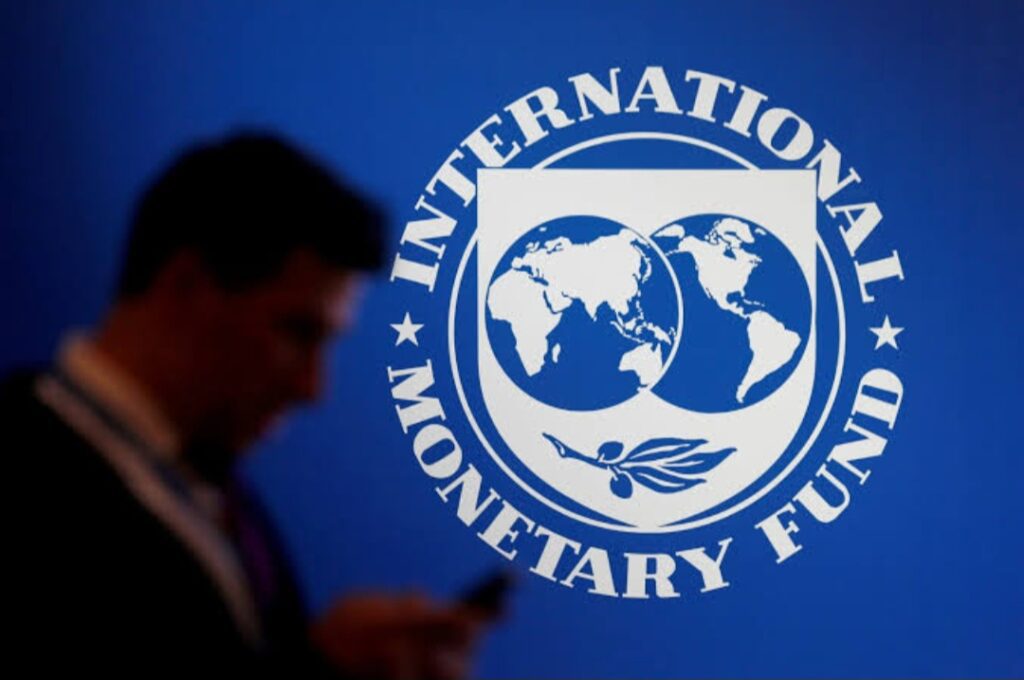A journalist & academic with a Ph.D. in applied linguistics. He works in various fields; teaching, translation, editing, writing for digital newspapers, and human rights defense.
Ethiopia will get into economic rough water as they decided to float the currency after decades.The value of the Ethiopian birr currency dropped by 30% in an unprecedented devaluation in years. This abrupt decrease occurred following the approval of a four-year extended credit facility agreement between Ethiopia and the International Monetary Fund, amounting to $3.4 billion, with an initial disbursement of $1 billion on Monday.
Mamo Mihretu, governor of the National Bank of Ethiopia, said in a televised address Monday that the reforms “will introduce a competitive, market-based determination of the exchange rate and address a long-standing distortion within the Ethiopian economy.”
The bank has announced its decision to provide financial assistance to Ethiopia in order to bolster the country’s budget. This comes at a crucial time as Ethiopia is actively working on restructuring its long-term debt. Following this announcement, a significant number of real estate companies in Addis Ababa, which heavily rely on imported raw materials and operate based on an exchange rate set by the government, were quick to adjust their prices.
While these adjustments have had an impact on various sectors, the world bank and IMF and Ethiopia’s development partners have expressed support for the country’s shift towards a market-driven foreign exchange rate. However, analysts have raised concerns that this move could potentially lead to an increase in inflation and the cost of living, particularly affecting the impoverished population in the country.
Ethiopia has long faced a severe shortage of foreign currency. For more than a year, the gap between the official exchange rate and the parallel market rate has increased, a disparity that the government expects to narrow after the reforms.
The second most populous African nation after Nigeria faces other challenges, including the impact of climate change, post-war reconstruction of Tigray and ongoing conflicts in the Amhara region.


